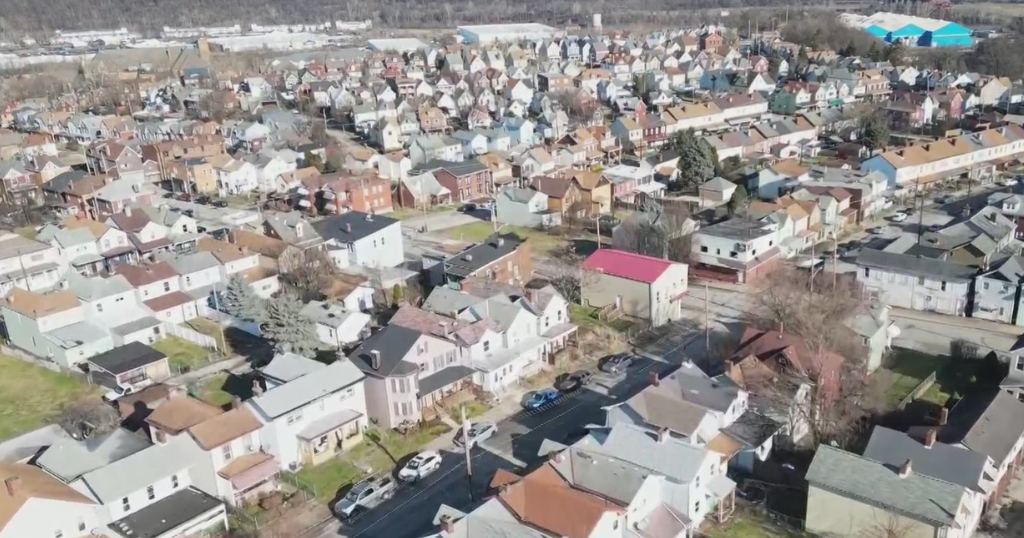Kennywood knew Steel Curtain would be closed before asking people to buy season passes: lawsuit
WEST MIFFLIN, Pa. (KDKA) — The shutdown of a marquee ride at Kennywood is now the focus of a legal battle pitting season pass holders against the amusement park.
A class-action lawsuit filed this week alleges Kennywood and its parent company knew the Steel Curtain roller coaster would be closed this year but kept it quiet while selling season passes.
The roller coaster is designed to take riders on the thrill of a lifetime. But since its introduction five years ago, the Steel Curtain has been frequently hobbled, closing again last August for maintenance. Last week, Kennywood announced the ride is closed for the season for a safety overhaul meant to ensure its long-term viability.
"We understand the frustration many of you have felt not being able to experience Steel Curtain. On behalf of our entire team, we absolutely share that frustration with you," said assistant general manager Ricky Spicuzza.
But now some riders are asking what the amusement park knew and when they knew it. The suit alleges the park knew the ride would not be available well before asking customers to plunk down $109 or more for season passes.
"They knew the Steel Curtain wasn't going to be open this season," attorney John. A. Biedrzycki. "But they didn't put that information out until after thousands of people bought season passes."
Kennywood and its parent company, Festival Fun Parks, said it has no comment on pending litigation. But in the suit, Biedrzycki accuses the amusement park of unfair trade practices in not informing potential pass buyers the ride would not be available. If the suit is successful, he says, each plaintiff stands to gain $900 or more.
"I understand that it may be one ride at this point, but that's a flagship attraction for the park," Biedrzycki said. "It has the world's tallest inversion of any rollercoaster. If you're going to take the big, marquee attraction out of the equation, you are diminishing the value of what these people paid for."
But without some resolution, this appears to be headed for court, where the holders of season passes stand to gain much more than they paid.




